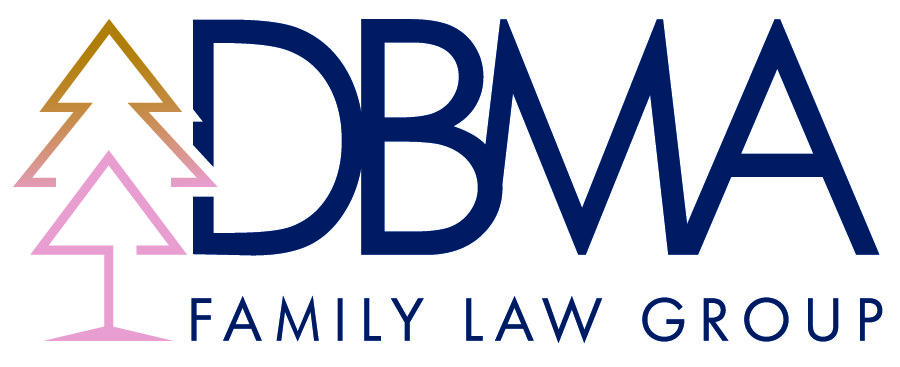Can You Get Custody of a Child That's Not Yours?
Child Custody Laws in Oregon
When we talk about law, we often follow it with words like “justice” and “order.” In legal cases, there is a set way things are done and it can seem very black and white from the outside. But family law is anything but cut and dry, especially when kids are involved. As families are rearranged, there are many changes that everyone involved must go through. It can be a very emotional and difficult time even before the topic of custody is brought up.
While you probably are familiar with what custody is, there are many factors that go into granting someone custody of a child. The term custody simply refers to the parent with the legal right to decide for and look after the child. This parent is responsible for making decisions about the child's education, health, religion, and other major areas in their life.
Custody can either be granted to both parents (joint custody) or only to one (sole custody.) However, the court cannot and does not allow gender bias to influence their order. Both a mother and a father are equally considered as capable until proven otherwise.
In Oregon, the best interests of the child are paramount in making these decisions. Generally, it is beneficial for the development of a child to have meaningful relationships with both parents. The court will do everything it can to help facilitate a healthy schedule that reflects that. In some cases, neither parent is fit to care for their child or is absent altogether. When this occurs, the court has to appoint someone else to look after the child: a guardian or a third-party custodian.
Guardianships for Children
A legal guardian is responsible for the well-being and care of the child, also known as the “protected person.” When seeking a guardian, the court will first turn toward members of the child’s family. Grandparents, aunts or uncles, and even siblings over the age of 18 may be considered. Those persons who are not biologically related to the child, but wish to take over their care can petition for guardianship appointment as well.
Guardians undertake the day-to-day emotional and physical needs of the child. They are responsible for financial and educational decisions, purchases for basic needs, and medical care and treatment. Unless ordered differently by the court, they may also make decisions regarding contact between parents and relatives. Depending on the type of guardianship a person has, their decision-making power can change. Unlike with adoption, the legal rights of the birth parents are not terminated nor are they exempt from providing child support.
Guardianships usually last until the child's 18th birthday. The child under guardianship may request an extension every year until the age of 21 if certain conditions are met. The other way a guardianship would end is when custody is given back to a parent. As mentioned above, the legal parent of the child may petition to end the guardianship at any time. When this happens, a trial will be set to determine the best course of action.
Third-Party Custody
Another way that a relative or third party can seek custody of a minor child with whom they have developed a parent-child relationship is through ORS 109.119.
Guardianship and third-party custody are similar but have key differences. Unlike with guardianship, in order for third-party custody to be modified once granted, there has to be a change in the custodian's ability to parent or in the child’s circumstances indicating that a modification is needed to preserve the best interest of the child. There are also differing reasons why third-party custody may be granted over guardianship.
Third-party custody is a complex area of the law. The statute has very specific statutory criteria on how you qualify for relief. If you are interested in pursuing legal custodial rights over a child, we highly recommend working with an attorney familiar with such cases.
As experienced family law professionals, we know that each family situation is unique. When it comes to making the best decisions for your children, you wouldn’t leave any stone unturned, and neither would we. Our team at DBMA Law prides itself on delivering exceptional legal services to resolve many types of family disputes. Whether you’re dealing with simple, uncontested matters or the most complex, highly contested cases, we are here for you.
-
If you are in need of advice about child custody or guardianship, DBMA can help! Our team of family law specialists has the experience you deserve in your child custody situation. Contact us today for your confidential consultation.

